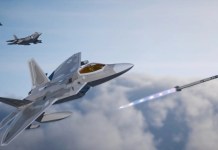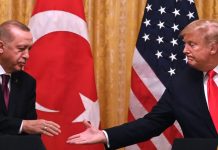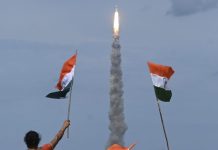Is Elon Musk, arguably the world’s richest person, “a power broker” in the ongoing war in Ukraine?
Or is he a person who obeys international law by not becoming a private mercenary? And, should he be remembered in history as a person who helped the world avert a nuclear war, which could have been aggravated to be a full-fledged World War III?
Answers to the above questions are likely to solicit different, mostly conflicting, answers.
Of the three principal companies that Elon Musk owns – X (earlier name Twitter), Tesla (electrical automobiles), and SpaceX that operates the Starlink satellite internet constellation, it is his aerospace venture that is in the news.
Japan To Become Third-Largest Military Spender By 2027; Plans To Spend $315B Over Next 5 Years
And that is not because it is doing very good business, which it does, indeed, in the US and Europe. Even the Narendra Modi government is reported to have given its approval to Starlink starting its services in India.
Starlink and Musk are being talked about because of the release today (September 12) of the multi-billionaire’s biography written by American journalist Walter Isaacson. It is titled “Elon Musk.”
Excerpts of this book by Isaacson ( who had authored similar biographies of Jennifer Doudna, Leonardo da Vinci, Steve Jobs, Albert Einstein, Benjamin Franklin, and Henry Kissinger) that were selectively linked to some leading American publications a few days back portray Musk as a “power broker” in the Ukraine War.
Musk’s critics like Mykhailo Podolyak, an adviser to Ukrainian President Volodymyr Zelensky, argue that his pro-Russian decision last year was a “mistake.” Podolyak asks, “Why do some people so desperately want to defend war criminals and their desire to commit murder? And do they now realize that they are committing evil and encouraging evil?”
According to Tom Tugendhat, the United Kingdom’s security minister, “When you withdraw help from the victims, you don’t make peace, you’re siding with the oppressor.”
However, Musk has been praised by Russia’s former President and Deputy Chairman of the Security Council of Russia, Dmitry Medvedev, who wrote in “X” that Musk is “the one with the balls” in “gender-neutral America” if what Isaacson wrote in the biography is true.
Musk’s controversial decision, going by the Isaacson-authored biography, was taken in October 2022, when Ukraine’s armed sea drones, strapped with explosives, were poised to attack the Russian fleet in the Crimean port city of Sevastopol but “lost connectivity and washed ashore harmlessly.”
And that was because Musk secretly ordered engineers to suspend Starlink service near Crimea. He was not convinced by the arguments that Russian ships at the Black Sea port of Sevastopol served as launch platforms for cruise missiles, which Moscow continues to use against civilian targets.
The biography quotes the New York Times saying Musk decided so after speaking to Anatoly Antonov, the Russian ambassador to the United States, who told the former that an attack “could lead to a nuclear response.” Subsequently, Musk extended his restrictions on the use of Starlink for offensive operations by disabling some of its coverage in the Russian-controlled regions of southern and eastern Ukraine.
Before evaluating Musk’s decision, let it be noted that the Starlink network, operated by Musk’s SpaceX, has been providing internet services in Ukraine since the country’s services were destroyed in the early days of Russia’s invasion. Ukraine’s government and military, including troops on the front line, have used Starlink for communications.
Reportedly, there are some 42,000 Starlink terminals in Ukraine that provide military, government, and civilian communications. The terminals are also playing an increasingly important role in Ukraine’s counteroffensive, giving soldiers portable communication options in rural areas along the southern front that are either too remote or where cellular towers have been damaged and destroyed.
The terminals also provide connectivity for smartphones and tablets, which do everything from helping soldiers stay updated in group chats to running apps that help compute targeting information for Howitzer batteries.
Incidentally, Starlink’s services in Ukraine have garnered lavish press coverage. It is reported how Ukrainian soldiers and commanders have been impressed by the company’s ability to deliver thousands of backpack-sized satellite stations to the war-torn country and to keep them online despite allegedly increasing sophisticated attacks from Russian hackers.
And importantly, Musk provided almost all these services either free or with highly discounted fees, which, otherwise, would have fetched millions of dollars.
In April this year, he did not approve President of SpaceX Gwynne Shotwell’s suggestion to receive the Pentagon’s offer of $145 million to cover the service. Shotwell had managed a contract for SpaceX with the US Department of Defense to buy those satellite services for Ukraine.
“We continue to work with a range of global partners to ensure Ukraine has the resilient satellite and communication capabilities they need. Satellite communications constitute a vital layer in Ukraine’s overall communications network, and the department contracts with Starlink for services of this type,” the Pentagon had said in a statement.
Against this background, what was Musk’s rationale for suspending the service of SpaceX for the planned attack of Ukraine on Crimea? Musk’s decision, which left Ukrainian officials begging him to turn the satellites on, was driven by an acute fear that Russia would respond to a Ukrainian attack on Crimea with nuclear weapons, a fear-driven home by Musk’s conversations with senior Russian officials, according to Isaacson.
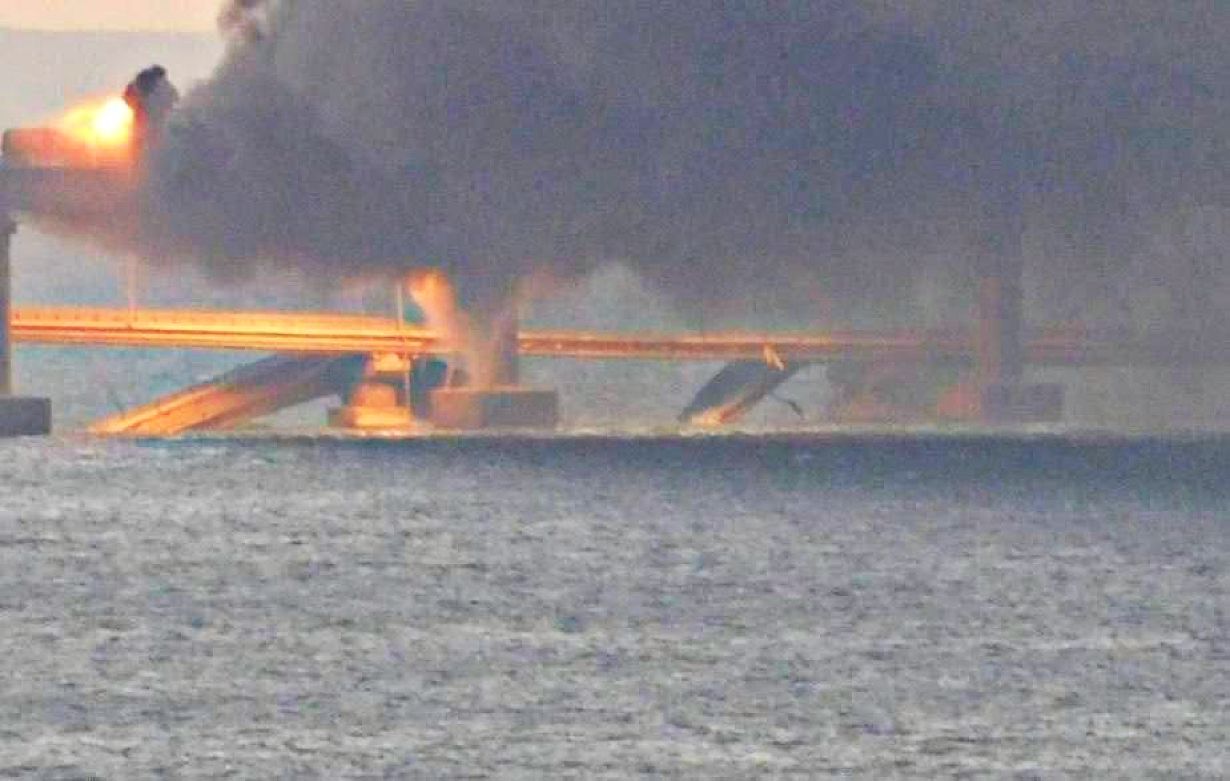
Musk was concerned that the Ukrainian attack would be like a “mini-Pearl Harbor,” provoking retaliation from Moscow and leading to another world war involving nuclear weapons.
“We did not want to be a part of that,” he said. “Our support for Russia is $0. Obviously, we are pro-Ukraine.” But then he added, “Trying to retake Crimea will cause massive death, probably fail, and risk nuclear war. This would be terrible for Ukraine and Earth.”
Secondly, Musk counter-asked Isaacson, “How am I in this war? Starlink was not meant to be involved in wars. It was so people can watch Netflix and chill and get online for school and do good peaceful things, not drone strikes.”
In fact, Musk’s view was subsequently further elaborated by SpaceX President Shotwell. According to her, providing humanitarian help was fine, but private companies should not be financing a foreign country’s war. That should be left to the government, which is why the United States has a foreign military sales program that puts a layer of protection between private companies and foreign governments.
“We initially gave the Ukrainians free service for humanitarian and defense purposes, such as keeping up their hospitals and banking systems,” she said. “But then they started putting them on f—ing drones trying to blow up Russian ships. I’m happy to donate services for ambulances, hospitals, and mothers. That’s what companies and people should do. But it’s wrong to pay for military drone strikes.”
In fact, last week, Musk again defended his decision through X, saying that the “obvious intent being to sink most of the Russian fleet at anchor. If I had agreed to their request, then SpaceX would be explicitly complicit in a major act of war and conflict escalation.”
Incidentally, soon after rejecting the Ukrainian request, Musk had suggested last year that Russia and Ukraine should agree to a truce, saying battles over “small pieces of land” were not worth the lives of Russian and Ukrainian youth—a proposal both countries have largely resisted.
He reiterated the same last week, too. “Both sides should agree to a truce. Every day that passes, more Ukrainian and Russian youth die to gain and lose small pieces of land, with borders barely changing. This is not worth their lives.”
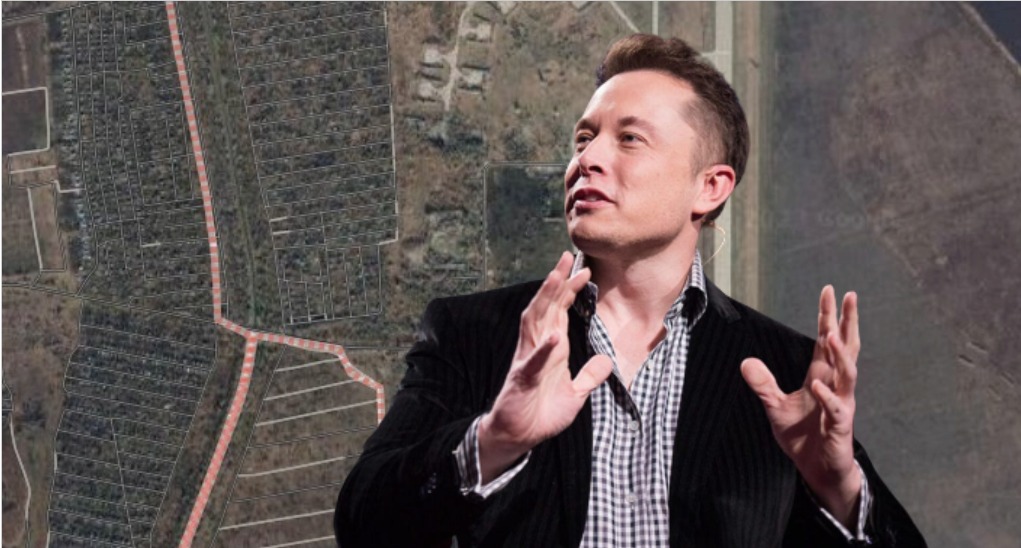
It may be noted that on October 3 last year, Musk suggested his peace plans to end the war in Ukraine. He continues to believe in them, which, briefly speaking, are as follows:
- Though citizens in the self-proclaimed republics of Donetsk and Luhansk and the regions of Zaporizhzhia and Kherson have voted to be with Russia, the elections were labeled a sham by Ukraine and Western nations. So these elections should be repeated “under UN supervision,” and should the population vote not to join Russia, then Russia would leave since it “is the will of the people.”
- Declare Crimea — a Ukrainian peninsula that the Kremlin annexed in 2014 — a formal part of Russia. Because Crimea had been “formally part of Russia” since 1783 “ until Khrushchev’s mistake in 1954 when the then Soviet Union’s supremo “gifted” Crimea to Ukraine to mark the 300th anniversary of Ukraine’s “reunification” with what was then the Russian Empire.
- Crimea’s water supply from the Mainland Rivers must be secured.
- Ukraine must remain neutral by not joining NATO.
Dispassionately seen, many find Musk making a lot of sense.
Because if one criticizes, and here the NATO countries are right, that Russia employing private mercenaries like the Wagner group in Ukraine is wrong, one should remain consistent and abhor private mercenaries fighting on behalf of Ukraine as well.
Therefore, had Musk allowed his company to actively support Ukraine’s war efforts, he would have become a private mercenary for all practical purposes.
After all, fighting a war physically is not the only attribute of a private mercenary in the modern era. Providing communication and information systems to the combatants is very much a part of the operational efficiency of any war.
This is very clear under the “International Convention against the Recruitment, Use, Financing and Training of Mercenaries “(the U.N. Mercenary Convention), which came into force in 2001. It has been ratified by 35 member nations, but the United States, Russia, and China have refused to do so under the grounds that they have problems with the definition of mercenaries and methods of dealing with them.
Article 1 of this Convention defines who a mercenary is, and among many criteria for being characterized as such, one is he who takes part in the hostilities by the desire for private gain and, “in fact, is promised, by or on behalf of a party to the conflict, material compensation substantially in excess of that promised or paid to combatants of similar rank and functions in the armed forces of that party.”
As has been noted above, Musk was promised handsome compensation by the Pentagon.
That he did not fall for it should earn him admirers, not critics.
- Author and veteran journalist Prakash Nanda is Chairman of the Editorial Board – EurAsian Times and has been commenting on politics, foreign policy, and strategic affairs for nearly three decades. A former National Fellow of the Indian Council for Historical Research and recipient of the Seoul Peace Prize Scholarship, he is also a Distinguished Fellow at the Institute of Peace and Conflict Studies.
- CONTACT: prakash.nanda (at) hotmail.com
- Follow EurAsian Times on Google News

